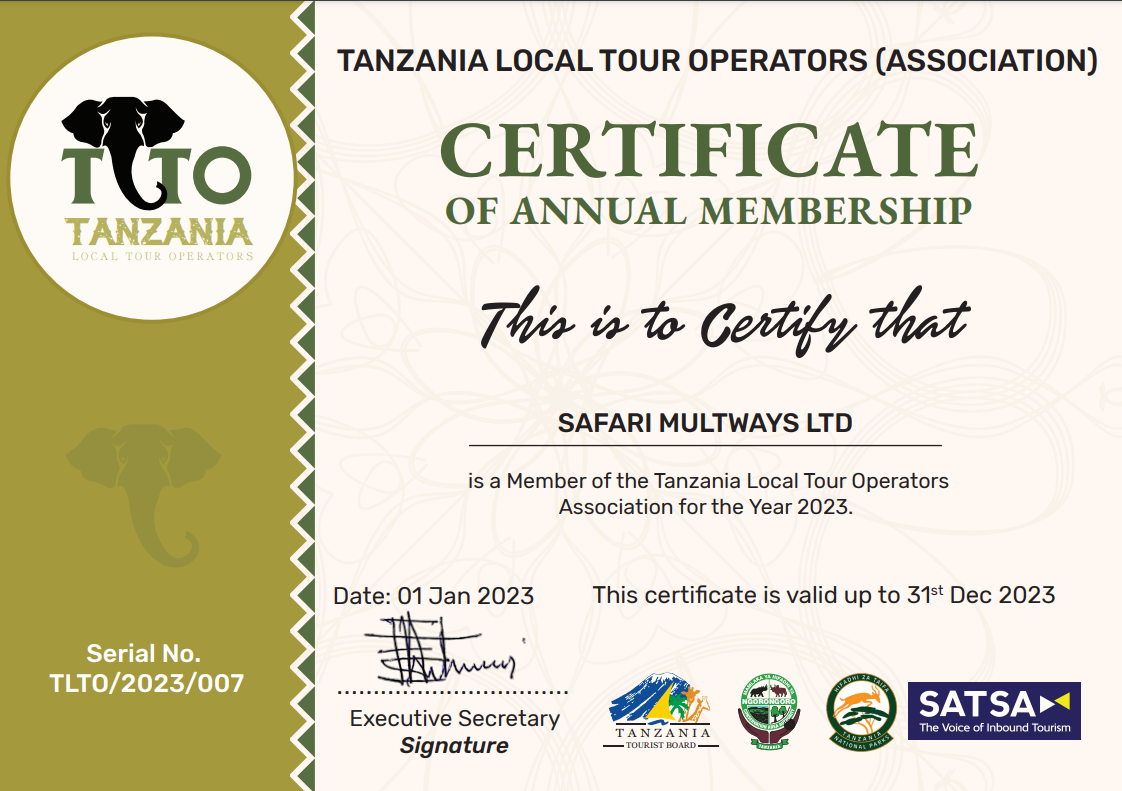The Displacement of Tanzania’s Maasai Community
Vanishing Culture: The Displacement of Tanzania’s Maasai Community
The Maasai community in Tanzania is facing a critical threat to their way of life as they are being displaced from their ancestral lands. This displacement is a result of government policies and private interests that prioritize economic development over the preservation of indigenous cultures. The Maasai people have inhabited the lands of Tanzania for centuries, living in harmony with nature and practicing their traditional way of life. However, in recent years, they have been forced to leave their homes and relocate to areas that are unfamiliar to them.
The Maasai people are known for their unique culture, which is centered around nomadic pastoralism and a deep connection to the land. They have a rich oral tradition, intricate beadwork, and a close-knit community that values family and tradition above all else. However, as they are displaced from their lands, their cultural practices are being threatened. The Maasai are losing their connection to the land that sustains them, and as a result, their way of life is in danger of disappearing.
Impact on Heritage: A Closer Look at the Maasai Community’s Struggle
The displacement of the Maasai community in Tanzania is having a profound impact on their cultural heritage. The Maasai people have a deep spiritual connection to the land, and their traditional way of life is closely tied to the natural environment. As they are forced to leave their ancestral lands, they are losing the knowledge and traditions that have been passed down through generations. The Maasai language, songs, and stories are at risk of being lost forever.
Furthermore, the displacement of the Maasai community is causing social and economic upheaval. Many Maasai people rely on their livestock for their livelihood, and as they are forced to move to unfamiliar areas, they are struggling to adapt to new ways of life. The loss of their land also means the loss of their economic independence, as they are no longer able to sustain themselves through traditional means.
The displacement of the Maasai community is also leading to increased poverty and marginalization. The Maasai people are being pushed to the fringes of society, where they face discrimination and lack access to basic services such as education and healthcare. This further threatens their cultural identity and erodes the fabric of their community.
It is crucial that action is taken to protect the Maasai community and their way of life. The government of Tanzania must recognize the rights of indigenous peoples and work to ensure that their lands are protected from encroachment. Private interests must also be held accountable for their role in the displacement of the Maasai people and must work to mitigate the impacts of their activities on the community.
In conclusion, the displacement of Tanzania’s Maasai community is a grave threat to their cultural heritage and way of life. It is imperative that steps are taken to protect the rights of indigenous peoples and ensure that their lands and traditions are preserved for future generations. The world must stand in solidarity with the Maasai people and support their struggle to maintain their unique and valuable culture.



